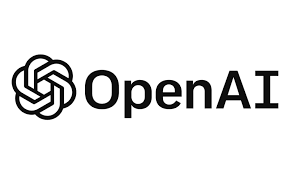In a moment of unexpected transparency (and a little humor), OpenAI CEO Sam Altman confirmed that users’ politeness, specifically typing “please” and “thank you,” isn’t just cute… it’s expensive. 🤑💬
When someone on X (formerly Twitter) joked about the electricity costs associated with good manners in AI chats, Altman responded:
“Tens of millions of dollars well spent.”
💬 Why Being Polite to AI Actually Matters
While it might seem unnecessary to treat chatbots with human-style etiquette, experts in AI design argue there’s more to it:
- Microsoft’s Curtis Beevers believes politeness encourages respectful and well-toned responses from AI.
- And it turns out… people agree. A late 2024 survey showed:
- 67% of Americans are polite to their AIs.
- 55% do it “because it’s the right thing to do.”
- 12% are just hedging their bets in case of an AI uprising. 😅
⚡️ The Hidden Environmental Cost of AI Conversations
As charming as politeness may be, there’s a real environmental impact behind every AI-generated response:
- A single 100-word AI email = 0.14 kWh ⚡
- That’s enough to power 14 LED bulbs for an hour.
- One polite AI-generated message a week? That’s 7.5 kWh per year — as much as 9 homes use in an hour.
And remember: those servers aren’t running on compliments.
🖥️ AI data centers currently consume 2% of global electricity, and that’s just the beginning. Some futurists predict that up to 99% of energy could be dedicated to AI as the technology integrates deeper into society. 🌐⚠️
🧠 TL;DR: Your Manners Have a Carbon Footprint
Being polite to AI is wholesome — and possibly helpful for keeping responses friendly. But it’s also costly in terms of both money and the environment. As AI becomes more integrated into our lives, it raises new ethical questions:
➡️ Should we treat AI like humans to shape better interactions?
➡️ Or should we optimize language to conserve resources?
🗣️ What do you think? Are you team “Please & Thank You” or team “Cut to the chase”?




